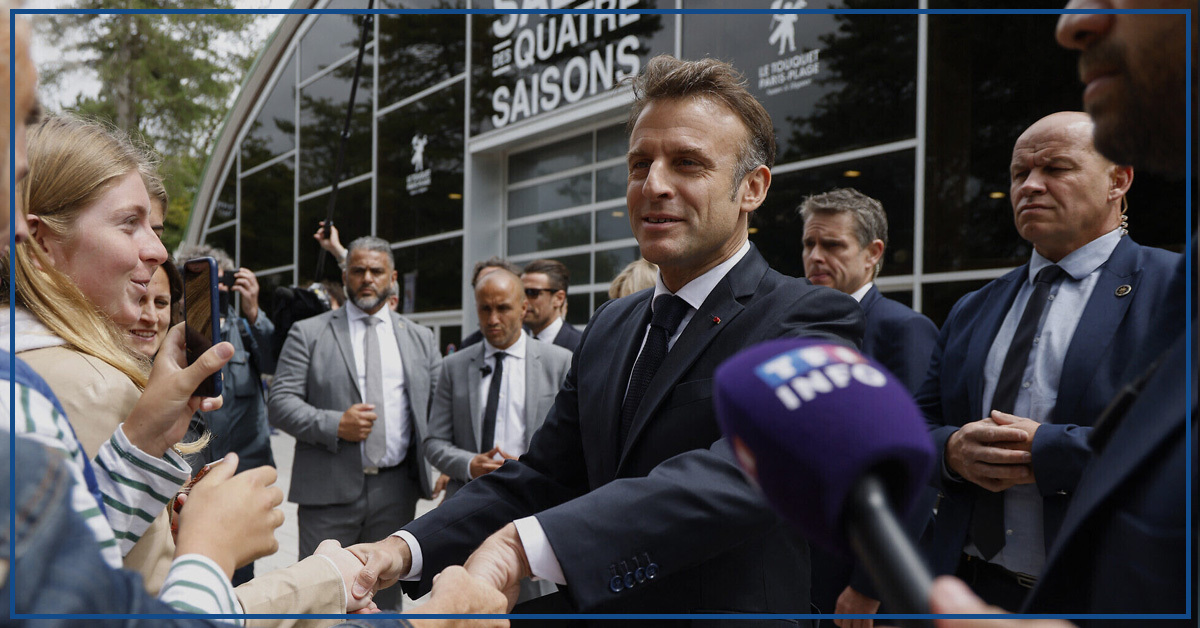In the French legislative elections’ second round of voting, a coalition of leftist parties secured the highest number of seats. Despite preventing the far-right from gaining power, no single political party or alliance achieved an outright majority.
With none of the three blocs securing a majority, France now faces a hung parliament, necessitating the formation of a coalition government among alliances or political parties.
Experts anticipate that Macron’s Ensemble alliance, comprising centrist parties, will seek a coalition with the Socialists and Greens, the more moderate factions within the left-wing New Popular Front (NFP), rather than aligning with Jean-Luc Melenchon’s far-left France Unbowed party.
President Macron has ruled out collaborating with France Unbowed, which he at times likened to the far right during the election campaign.

A major point of contention between the left bloc and Macron is his pension reform. In 2023, Macron raised the state pension age from 62 to 64, a move strongly opposed by the left. Rainbow Murray, a politics professor at Queen Mary University of London specializing in French politics, suggests this could be a sticking point in coalition negotiations, with Macron likely to resist any demands related to this reform.
Alternatively, centrists could form a minority government by uniting moderates from both left and right, focusing on compromise, according to Murray’s analysis for Al Jazeera.
Certainly! Here’s a rewritten summary of the article:
Prime Minister Gabriel Attal of Macron’s Renaissance party has announced his resignation following his party’s loss of majority in Parliament. He will remain in a caretaker role due to the upcoming Paris Olympics. The French president, Emmanuel Macron, appoints the prime minister without a strict timeline, and it’s not required to be from the party with the most seats. Macron is expected to form a coalition government, likely involving the party that secured the most seats, the NFP. Potential candidates for prime minister include Jean-Luc Mélenchon, François Ruffin, Boris Vallaud, or Laurent Berger. The current political landscape in France, where no party dominates Parliament, is unprecedented but not without historical precedent in terms of divided governance between president and prime ministerial parties. Macron has utilized Article 49.3 of the constitution to bypass parliamentary deadlock, a power reserved for the prime minister to pass legislation directly unless a vote of no confidence is tabled and succeeds within 24 hours. This maneuver has been used sparingly but strategically during Macron’s tenure to push through contentious reforms, such as pension reforms in 2023.





